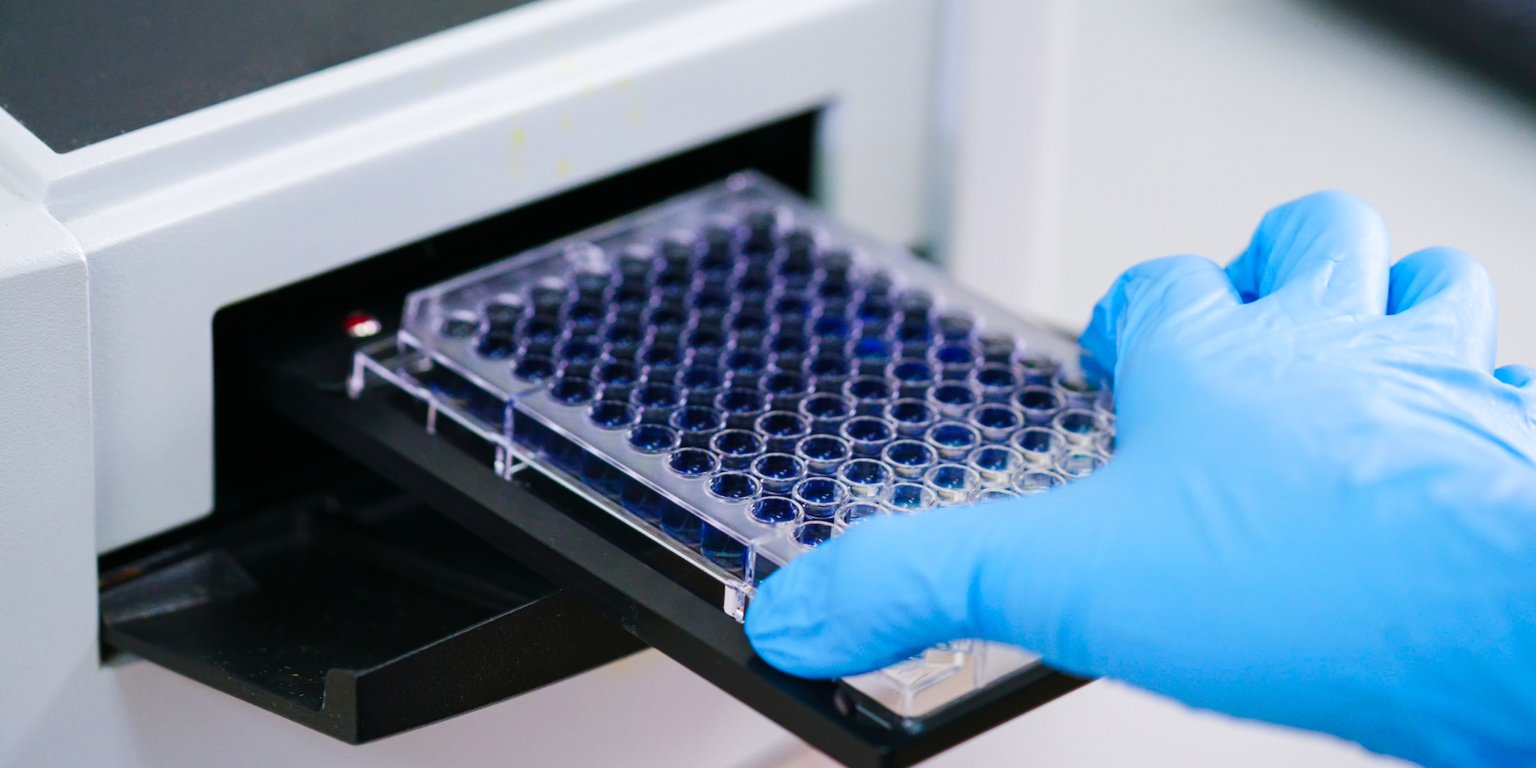- This week, the startup hub Y Combinator and the $1.4 billion company Ginkgo Bioworks unveiled a new partnership aimed at giving startups access to tools tomake materials from living things.
- Ginkgo was Y Combinator’s first biology investment and its first investment outside of traditional tech.
- The new deal gives startups that build with biology, otherwise known as synthetic biology startups, access to Ginkgo’s manufacturing platform.
- In exchange, Ginkgo gets equity in the companies. Ginkgo expects them to work on applications as varied as novelmaterials,drugs, andmeat substitutes.
- “I’d like YC to be the largest incubator of syn-bio companies in the world,” Y Combinator partner Jared Friedman told Business Insider.
- Click here for more BI Prime stories.
It started with a cold email.
Jason Kelly, the CEO of a then-fledgling biology startup called Ginkgo Bioworks, reached out to Sam Altman, the president of the Silicon Valley tech-startup accelerator Y Combinator, to say he appreciated a blog post that Altman had written. In the post, Altman had put out a call for life-science companies to apply for the YC program, which gives startups $150,000 in exchange for a 7% stake in them.
Kelly figured his company, which was six years old and focused on creating materials from living things, wouldn’t be a fit for Altman’s program. But he wanted to say he was glad that the software-focused incubator was finally expanding into science.
To Kelly’s surprise, Altman was intrigued, he told Business Insider. Several meetings later, Ginkgo became the first non-software startup to get Y Combinator funding.
Today, Ginkgo has raised $450 million, reached deals with giants including the pharmaceutical companies Bayer and Roche and the Canadian cannabis companyCronos, and is valued at $1.4 billion, according to PitchBook.
“It was the best thing we ever did,” Kelly said of Ginkgo’s Y Combinator experience.
As of Monday, Ginkgo will be teaming up with Y Combinator to give other startups in the field of synthetic biology access to its tools, Ginkgo and Y Combinator told Business Insider. Ginkgo bills itself as the “organism company” because it uses custom-built cells to craft new materials and ingredients.
As part of the new partnership, any synthetic biology startup could theoretically get access to Ginkgo’s manufacturing platform, the Y Combinator partner Jared Friedman told Business Insider. Potential beneficiaries of the deal could be working on meat substitutes, novel materials for clothing or buildings, or new pharmaceuticals, he said.
Friedman hopes the partnership enables Y Combinator to add more startups that build with biology (otherwise known as synthetic biology or syn-bio) to its portfolio. The end goal for many companies in the space is to replace traditional chemical manufacturing, a nearly $5 trillion global industry, according to SynBioBeta.
“I’d like YC to be the largest incubator of syn-bio companies in the world,” Friedman said.
Synthetic biology is hot and getting hotter
Ginkgo also benefits from the deal. In exchange for letting startups use its tools, Ginkgo will receive equity in the companies. The amount will be determined on a case-by-case basis, Kelly said.
Ginkgo plans to select participating companies based on several factors, including the scope and type of project they aim to do and whether the startup has intellectual property that conflicts with Ginkgo’s. He anticipates the endeavor leading to a partnership with up to five nascent companies, he added.
As a field, synthetic biology is hot and getting hotter.
The approach involves harnessing the power of cells to manufacture with biology and replace traditional chemical manufacturing. The applications are varied. They include making everything from less-toxic sweeteners for food todrugs to and biodegradablebuilding materials andbags.
From 2012 to 2017, funding for synthetic biology startups more than tripled, surpassing $1 billion for the first time in 2016, according to areport from CB Insights. Deals have also mushroomed, rising more than 150% since 2012, the authors of the report concluded.
“Ultimately this is why we want to do this: There’s a lot more smart people outside Ginkgo than inside it,” Kelly said. “We’d rather embrace that than fight it.”
Source: Read Full Article


